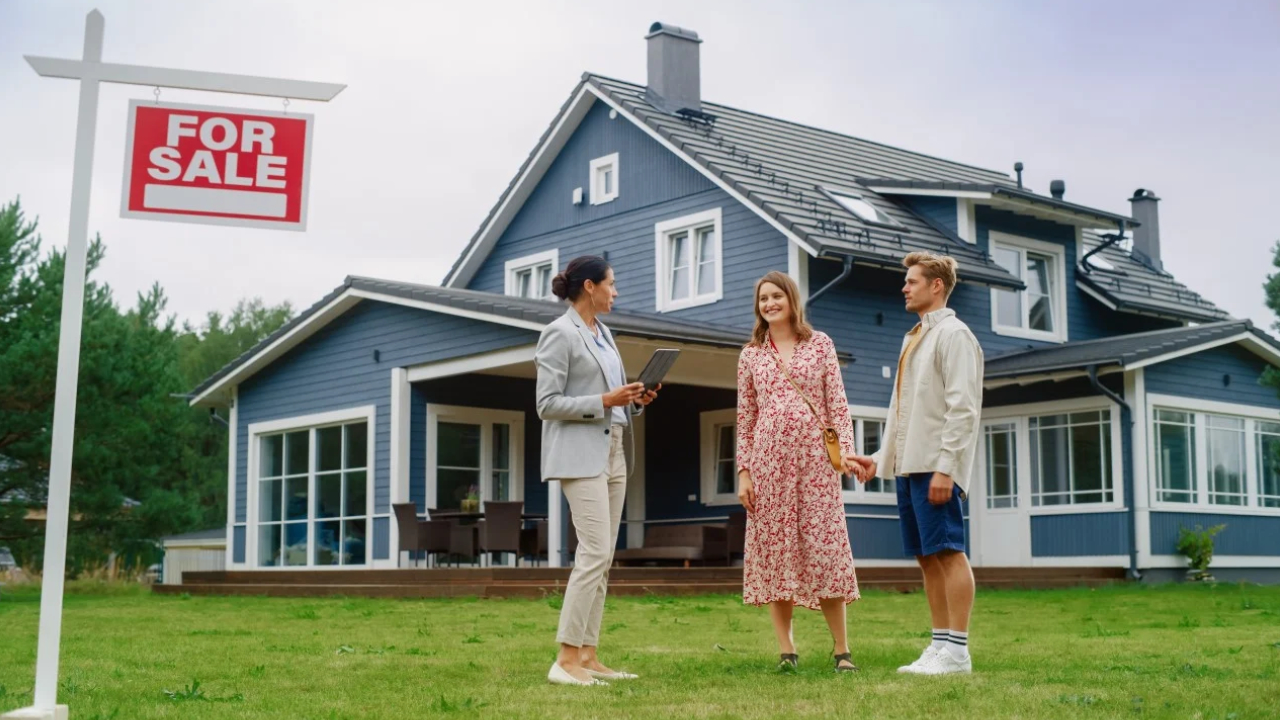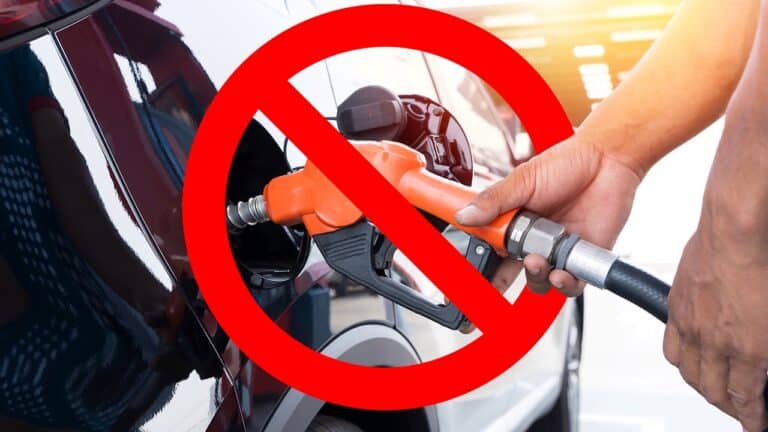15 Mistakes You’re Making When Selling Your Home

Making the decision to sell your home is a big deal. Naturally, you want to get the most money you can for it, but that requires being savvy.
Many things can go wrong during a real estate transaction and people make mistakes every day when trying to sell their home. These blunders can result in either no or a slow sale, and even a loss of money.
We’ve rounded up the top mistakes sellers make from real estate agents online, so you can avoid them and put your best foot forward.
1. Not Using an Agent

It can be tempting to go it alone and not use an agent. Some people do this to save money. But, if you don’t have experience in the real estate realm, you stand to lose out on a lot.
Real estate agents have extensive knowledge of the market and contacts to help promote your home. This is one area where you don’t want to skimp on the professionalism.
2. Hiring the Wrong Agent

That doesn’t mean you should hire the first agent you speak to. Some don’t have the experience or the drive to sell your home. For example, some agents are doing real estate as a side hustle and may not be as invested as you are.
Look for an agent who knows your region and your market. Don’t be afraid to interview a few different agents before choosing one to work with.
3. Waiting Too Long to Accept an Offer

It can be tempting to wait and see how many offers come in and not accept an earlier one. However, you should consider all offers that come in, even the earliest ones.
Sometimes, the early ones may be the best ones you get and if you wait too long, those buyers will find another home and put another offer in. When that happens, you stand to lose out on money.
4. Not Staging

You might think your home looks nice the way it is, but staging it can really bring out its potential. This is what most real estate agents will suggest. They will either direct you on how to stage it or offer to have someone come in and do it.
If you opt not to stage in the beginning and find that your home is sitting on the market longer than you’d expected, it may be the answer you’re looking for.
5. Overpricing

We all like to think our homes are worth more than they are, but the reality is your real estate agent will be most knowledgeable about this area. They will pull listings of homes near you, called comps, and compare the prices to the features that the residences have.
From there, they can help you set a reasonable starting price. It’s okay to start a little higher than the perceived market value to give yourself room to negotiate, but don’t try to list a $250,000 home for $400,000.
6. Not Doing Maintenance

Even when you’ve decided to sell your home, you need to continue maintaining it. Not doing so can lead to major problems with your home. Those issues can then affect your home’s salability.
Stay on top of your appliances, and your heating and cooling system, and do any fixes that you notice the house needs. It will increase your odds of not only selling but selling at a higher price.
7. Using Poor Photos

The images of your home are the first view prospective buyers have. If they are low-light, if they are cluttered, or blurry, they will skirt on to the next listing.
Your real estate agent is typically the one who will either take or arrange for someone to take professional photos of your home.
8. Unwillingness to Negotiate

Being willing to negotiate is critical to the home-selling process. That doesn’t mean you have to agree to every demand. It simply means you need to be open to listening to offers and terms that may come with them.
Being closed off and unwilling to entertain negotiations will make the selling process much more difficult and much longer. Since the market conditions can change on a dime, it’s best to be open.
9. Being Unavailable

To sell your home, you have to be willing to show your home. That means stepping out when your agent schedules a showing. Having the homeowners there can be a deterrent, so it’s best to make yourself scarce.
If you’re limited in the number of showings you allow, you’re going to have a difficult time selling your home.
10. Being Too Emotional

It’s very natural to become emotionally tied to your home after you’ve lived there for a few years. However, getting overly emotional can hinder the selling process.
Don’t argue unnecessarily with agents and don’t take any low offers personally. Those are typically meant to open the negotiating process. Remember, this is a business deal and should be treated as such.
11. Underestimating Selling Costs

Selling a home is supposed to net you money, but it’s also going to cost you money. There are several costs associated with any real estate transaction.
As a seller, you could be on the hook for closing costs, the price to stage your home, an inspection, commissions, concessions, and finally, moving expenses.
12. Listing at the Wrong Time

If you’re not in a hurry to sell your home, it can benefit you to wait until the market is favorable for sellers, rather than buyers. That means you’ll likely get more competition for your home and sell it for more.
Another consideration to keep in mind is the time of year. The best times to sell typically are in the spring and fall, when the temperatures are milder, but homes sell all year round.
13. Skipping an Inspection

The best way to avoid any surprises during the sale is to have a pre-listing home inspection done. This is the same process as an inspector a buyer will hire, but it’s meant to catch serious issues before the house goes on the market, as opposed to potentially preventing a sale.
Take the results of the inspection and use them to get your home into prime condition and make sure you either fix the issue or disclose it and offer a concession to the purchaser.
14. Not Cleaning Adequately

This cannot be stressed enough. Cleaning your home before listing it and showing it is as essential as having staging or an inspection done. Otherwise, you run the risk of someone walking into your home and turning right back around.
This means getting in those areas you don’t clean often, such as carpets and grout, and scrubbing the floors and walls.
15. Failing to Address Curb Appeal

The curb appeal is what prospective buyers are going to notice first. If they see a home with an overgrown lawn or shrubs, they’re not going to see the home’s potential.
Make sure you fix any gaps in sidewalks, clean the driveway, and do some landscaping before you list it. That way the photos will reflect the house at its very best.





